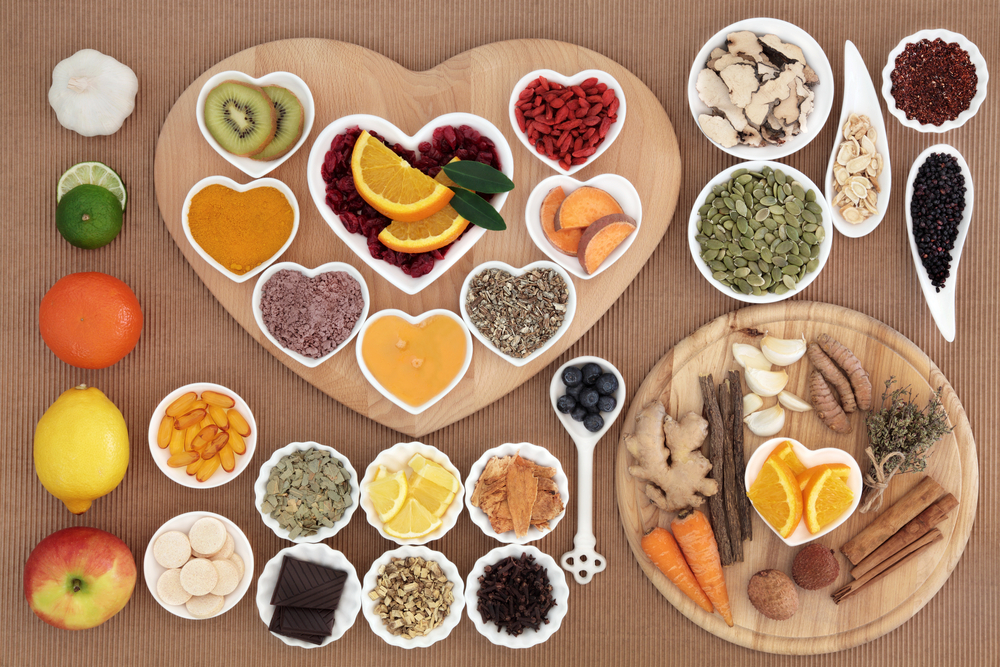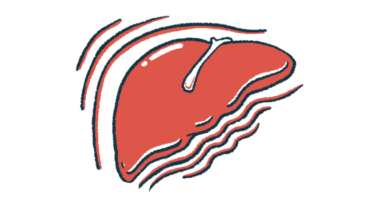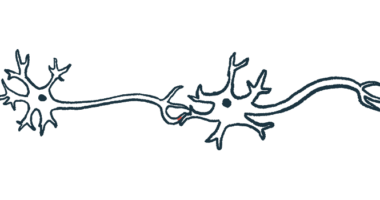Acute Porphyria and Diet

If you have acute porphyria, it’s important to know that diet and nutrition may help to ease your symptoms.
What is porphyria?
Porphyria refers to a group of disorders in which affected individuals cannot make hemoglobin, the protein that binds oxygen in red blood cells. Due to this inability, porphyrins — chemicals the body normally uses to make hemoglobin — accumulate in the body.
What are the symptoms of acute porphyria?
The symptoms of acute porphyria range from muscle and abdominal pain to breathing problems and nausea. However, some patients are asymptomatic, while others can have acute attacks. Such attacks are usually characterized by abdominal pain, raised blood pressure and pulse rate, and severe constipation.
Treating acute attacks
Treatment for acute attacks is focused on decreasing the up-regulation of a liver enzyme called delta-aminolevulinic acid synthase 1 (ALAS1). If the attacks are severe, this is done through the intravenous administration of sugar and heme, a component of hemoglobin. Otherwise, patients may be able to ingest sugar orally, such as by adding sugar to juice or by sucking on hard candies. Patients should still avoid ingesting large amounts of dextrose or fructose.
What should I eat?
For many acute porphyria patients, nausea and abdominal pains are a daily problem. Readily digestible foods may help ease those symptoms, as may a diet centered around carbohydrates like bread, cereal, or rice. Note, however, that a study suggests that the benefit of a sustained high-carbohydrate diet in preventing attacks is unclear.
Nuts and seeds are beneficial for their calories, vitamins, and minerals, as are fruits and vegetables. Avoid acidic foods, and drink coffee and tea sparingly. Infusions of root ginger or basil may help with nausea.
What should I avoid?
Because excessive alcohol consumption can be an attack trigger, you should try to limit alcohol intake and avoid binge drinking. The same goes for crash diets that include extreme drops in daily carbohydrate and caloric intake, although obesity should be avoided. People with acute porphyria who want to lose weight should speak with their healthcare provider about diets that will help them do so gradually.
What about constipation?
Consuming small meals every two to three hours may help with constipation, a common symptom of acute porphyria. Such an eating schedule encourages your body to work almost continuously at digestion.
Eat plenty of fruit and other foods containing fiber. These include green vegetables, broccoli, cabbage, beans, and small amounts of dried fruit. Keeping well hydrated will also help.
Last updated: June 1, 2020
***
Porphyria News is strictly a news and information website about the disease. It does not provide medical advice, diagnosis, or treatment. This content is not intended to be a substitute for professional medical advice, diagnosis, or treatment. Always seek the advice of your physician or other qualified health provider with any questions you may have regarding a medical condition. Never disregard professional medical advice or delay in seeking it because of something you have read on this website.






